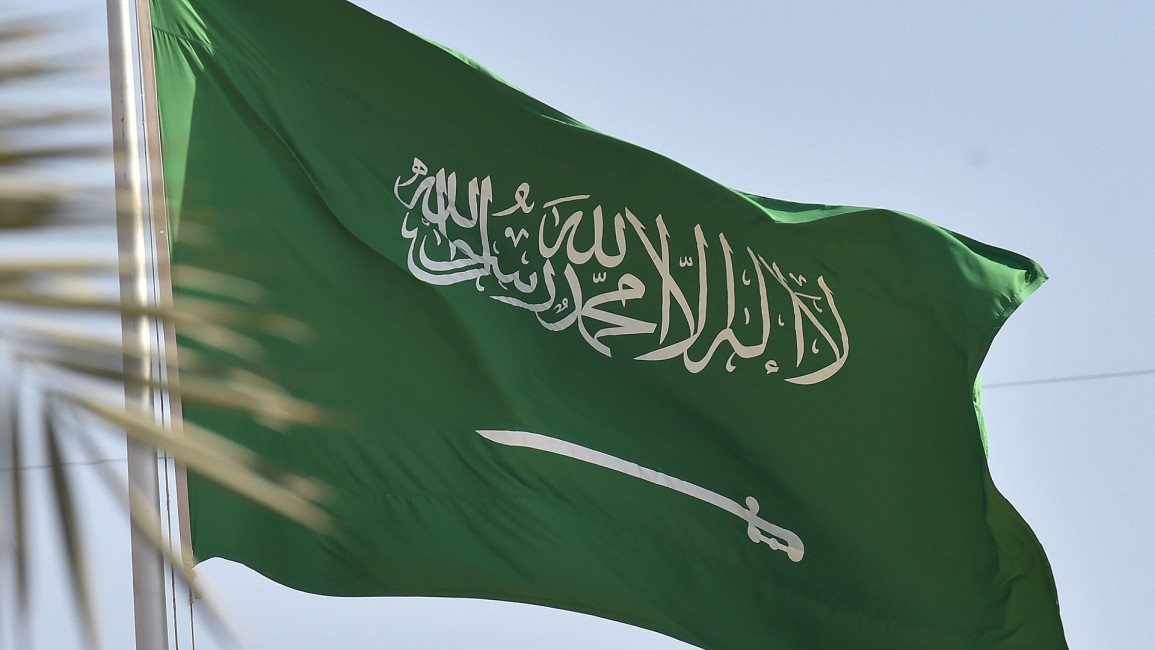US calls on Saudi Arabia to give up 'developing' country status at WTO
The United States has called on Saudi Arabia to give up its status as a "developing" country at the World Trade Organisation (WTO), which grants the Gulf kingdom special treatment in economic negotiations.
"Saudi Arabia is a wealthy and influential player in the global economy," said the US in a statement at the WTO on Wednesday. The Geneva-based international organisation this week carried out its third review of Riyadh’s trade policies and economic growth, a process due to end on Friday.
Though Saudi Arabia is designated as a developing country, it is also a member of the G20, a forum of the world's biggest economies. The World Bank also identifies Saudi Arabia as a high-income country, with a Gross Domestic Product (GDP) of $793bn in 2019.
"We call on Saudi Arabia to no longer seek special and differential treatment in current and future WTO negotiations," said the US in its statement. "By taking this step, Saudi Arabia would make a significant contribution to ensuring that the WTO remains a viable forum for meaningful trade negotiations."
There are no fixed WTO definitions of "developed" and "developing" countries. Member states themselves declare whether they are "developed" or "developing". Other members can challenge the status of other states, however.
The purpose of the different status allowances is to ensure that all WTO members safeguard the interests of developing countries, and help them integrate within the global economy.
The "special and differential treatment provisions" conferred by its status at the WTO include longer time periods to reduce tariffs and better access to trading opportunities.
Washignton also raised the issue of piracy, in what appears to be a rebuke for Riyadh over the case of beoutQ, a streaming service that pirated content from Qatari-owned sports network beIn Media Group.
Riyadh faced a $1 billion lawsuit in 2018, and was accused of "breaching international law" over the streaming of sporting events that beIN had acquired broadcasting rights to.
Follow us on Facebook, Twitter and Instagram to stay connected



